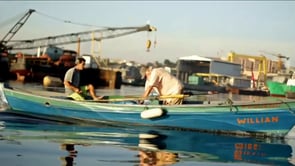 I’ve arrived in Rio de Janerio to prepare for our “situation”, taking place next week as part of the Multicidade International Festival of Women in Theatre. It’s my first visit to Rio, so as well as preparations I’m fitting in a little bit of sightseeing before what will be a very busy week. On Monday, we will start the workshop to create the performance; there are 5 local participants, and the online team will join as time zones allow. Continue reading “Meeting the Carioca(s)”
I’ve arrived in Rio de Janerio to prepare for our “situation”, taking place next week as part of the Multicidade International Festival of Women in Theatre. It’s my first visit to Rio, so as well as preparations I’m fitting in a little bit of sightseeing before what will be a very busy week. On Monday, we will start the workshop to create the performance; there are 5 local participants, and the online team will join as time zones allow. Continue reading “Meeting the Carioca(s)”
Meeting the Carioca(s)
I’ve arrived in Rio de Janerio to prepare for our “situation”, taking place next week as part of the Multicidade International Festival of Women in Theatre. It’s my first visit to Rio, so as well as preparations I’m fitting in a little bit of sightseeing before what will be a very busy week. On Monday, we will start the workshop to create the performance; there are 5 local participants, and the online team will join as time zones allow. On the flight over, I read “Dancing with the Devil in the City of God”, by Brazilian journalist Juliana Barbassa …

